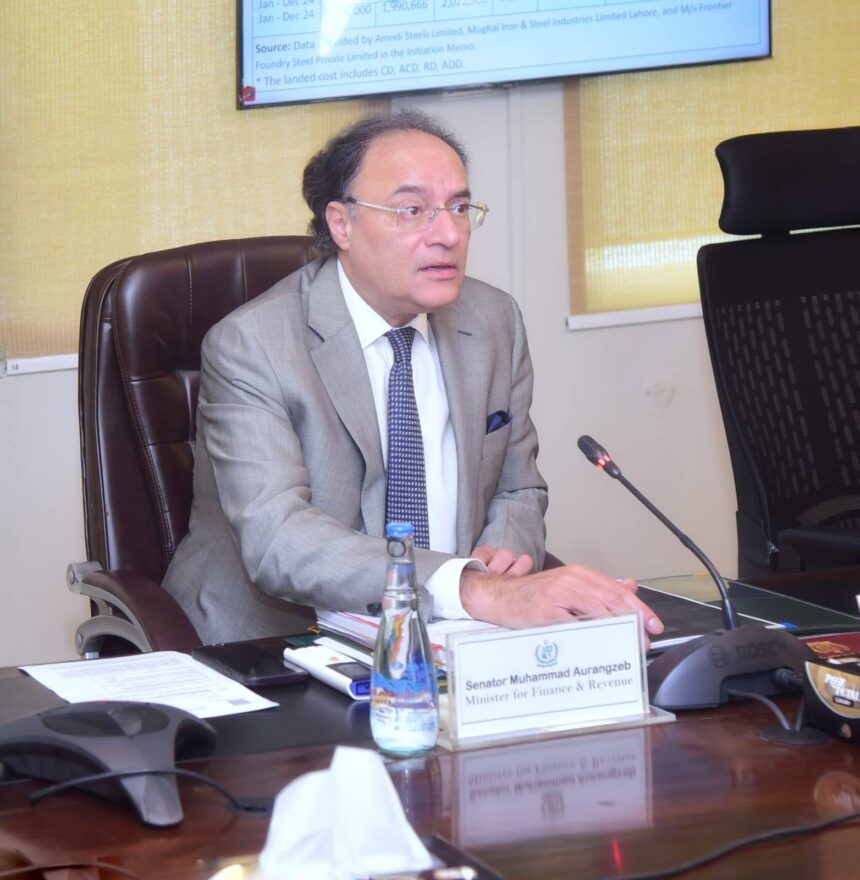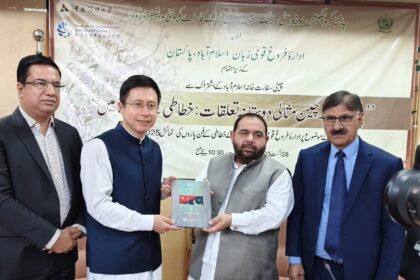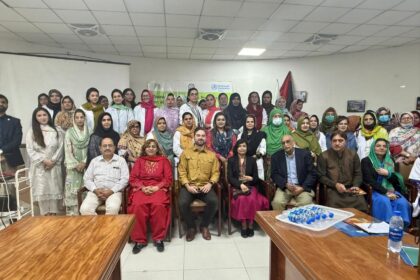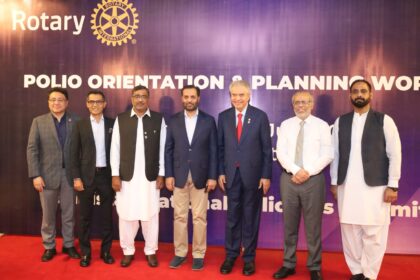**ECC Approves Key Measures to Bolster Industry, Housing, Telecom, and Environmental Policy**
The Economic Coordination Committee (ECC) of the Cabinet has taken significant steps to advance Pakistan’s economic reforms, approving a comprehensive slate of measures focused on industrial competitiveness, environmental sustainability, skills development, affordable housing, and telecommunications. The meeting, chaired by Federal Minister for Finance and Revenue Senator Muhammad Aurangzeb, brought together ministers and senior officials from key departments to address critical policy areas.
One of the meeting’s central decisions was the endorsement of a Ministry of Commerce report aimed at improving the steel sector’s international competitiveness and aligning with the National Tariff Policy 2025–30. This move is expected to reduce production costs and help boost export-led growth. The ECC also authorized the filing of an appeal in the Supreme Court against a Lahore High Court decision related to gas and RLNG tariff concessions for M/s Ghani Glass Ltd. The Committee deemed the appeal justified, noting that energy tariff concessions for export-oriented sectors have been withdrawn and are no longer available to any industry.
In an important environmental step, the Committee approved Pakistan’s Green Taxonomy, a framework to facilitate increased financing for green projects. This adoption, proposed by the Ministry of Climate Change and Environmental Coordination, was praised by the ECC chair as a vital and long overdue initiative to further environmental sustainability in Pakistan.
To foster skills development, the ECC approved a government guarantee of Rs. 1 billion for the issuance of the Pakistan Skill Impact Bond (PSIB). This outcomes-based financing tool, advocated by the Ministry of Federal Education and Professional Training, aims to support workforce advancement. The Committee encouraged gradual transition towards public-private partnerships and advised the Ministry to explore deploying similar funding mechanisms using its own resources in the future.
Addressing housing challenges, the ECC endorsed a markup subsidy and risk-sharing scheme to make housing finance more accessible for low-income segments. The Committee stressed the importance of a comprehensive, integrated database to better target beneficiaries and improve scheme implementation, urging coordination between federal and provincial stakeholders.
The Committee also reviewed trends in the vegetable ghee and oil markets. While the Ministry of Industries and Production assured that national stock levels are adequate, the ECC voiced concern over the insufficient transmission of declining international prices to consumers. It called for vigilant price monitoring, prevention of cartelization, and close cooperation with regulatory authorities including the Competition Commission and National Price Monitoring Committee.
In the telecommunications sector, the ECC approved revised charges for Radio-Based Services (RBS) and directed that these fees be periodically reviewed every three to five years to reflect technological and economic changes. The Committee also updated the advisory committee overseeing the release of IMT spectrum, which is key to improving next-generation mobile broadband services in Pakistan.
Finally, the ECC formally recognized the ship breaking and recycling sector as an industry, as recommended by the Ministry of Maritime Affairs. However, the Committee requested more data on power consumption from the Power Division before determining changes from commercial to industrial power tariff rates.
These decisions highlight the ECC’s broad focus on supporting economic growth, environmental responsibility, social development, and technological advancement across critical sectors of the economy.











